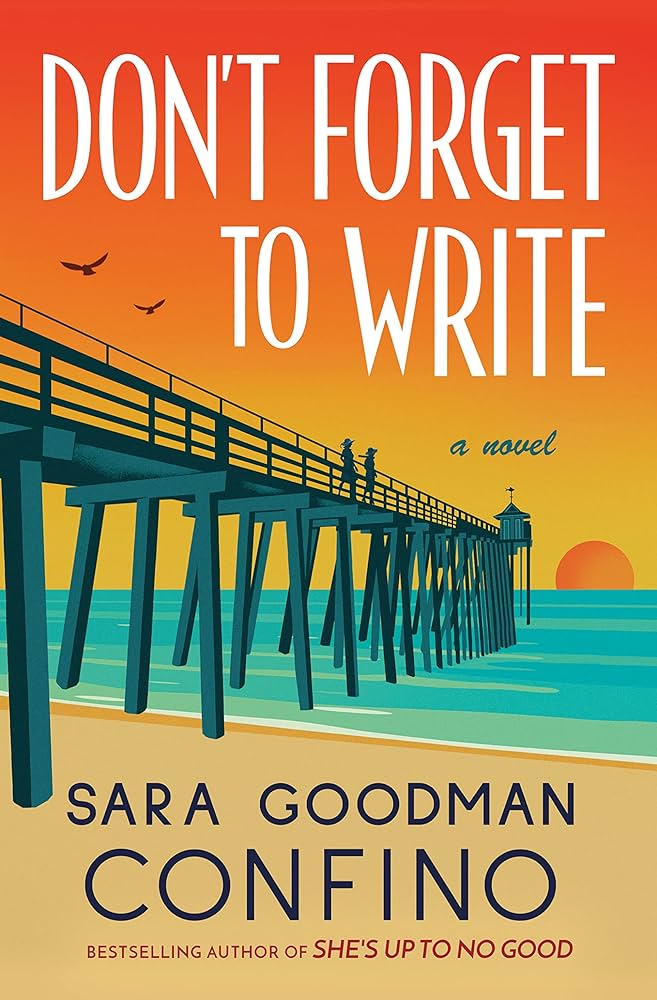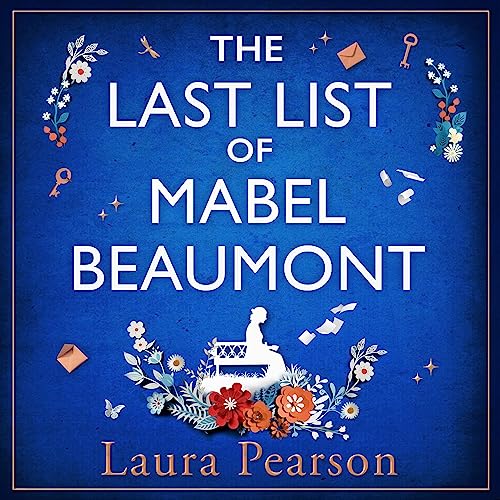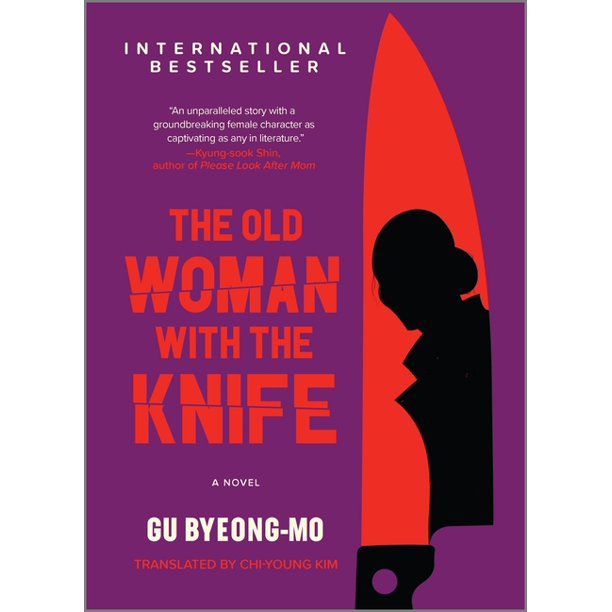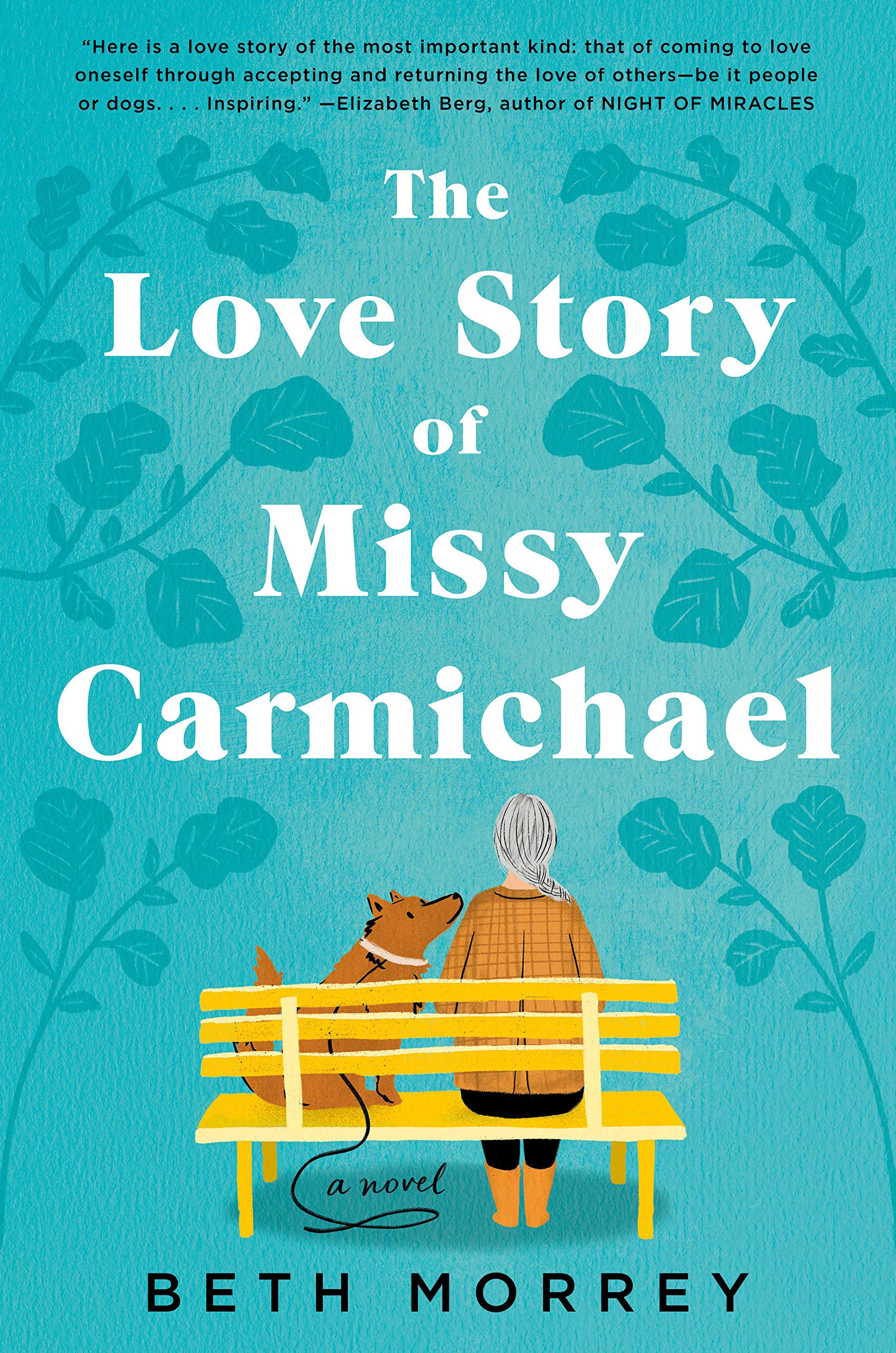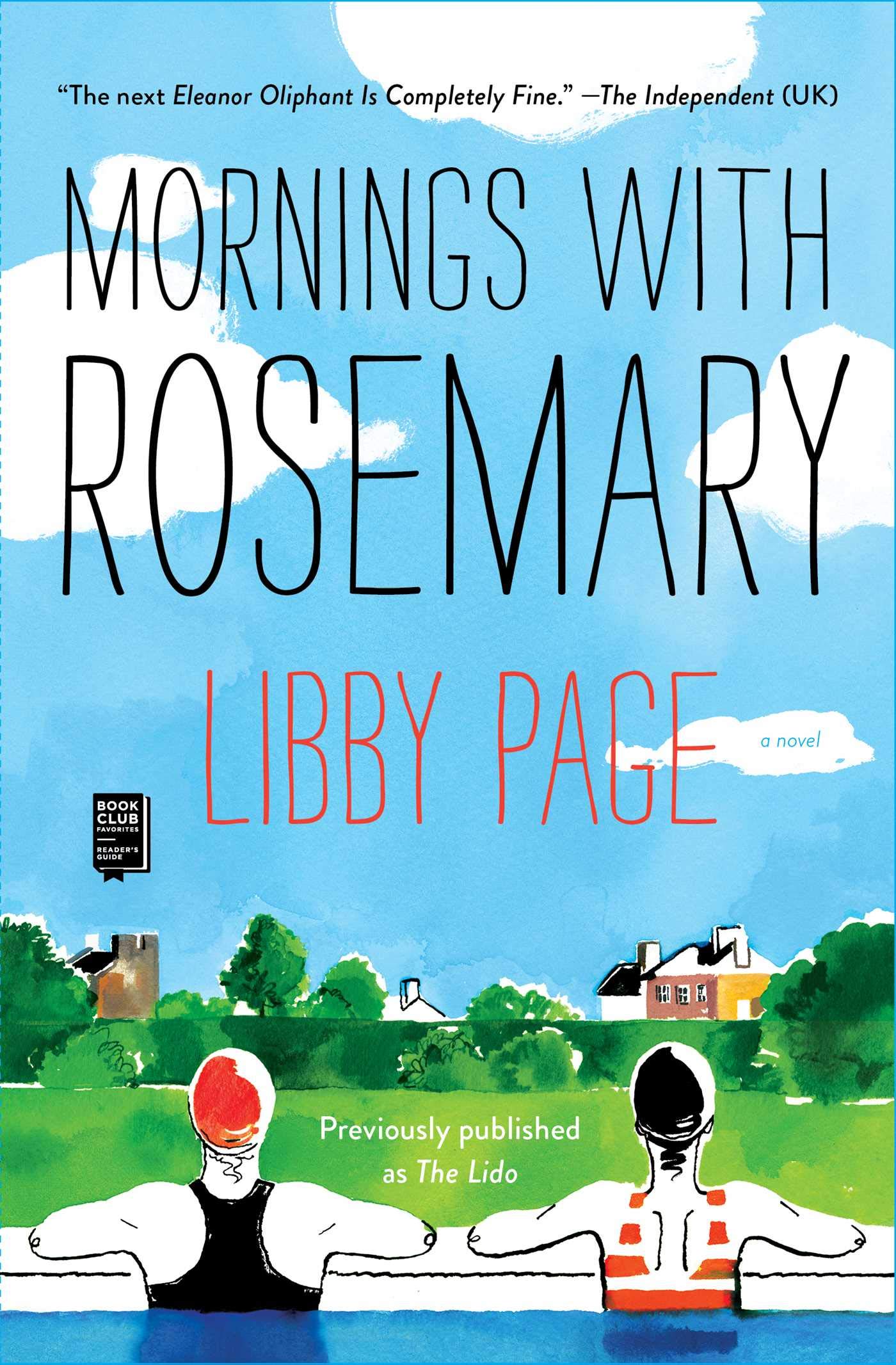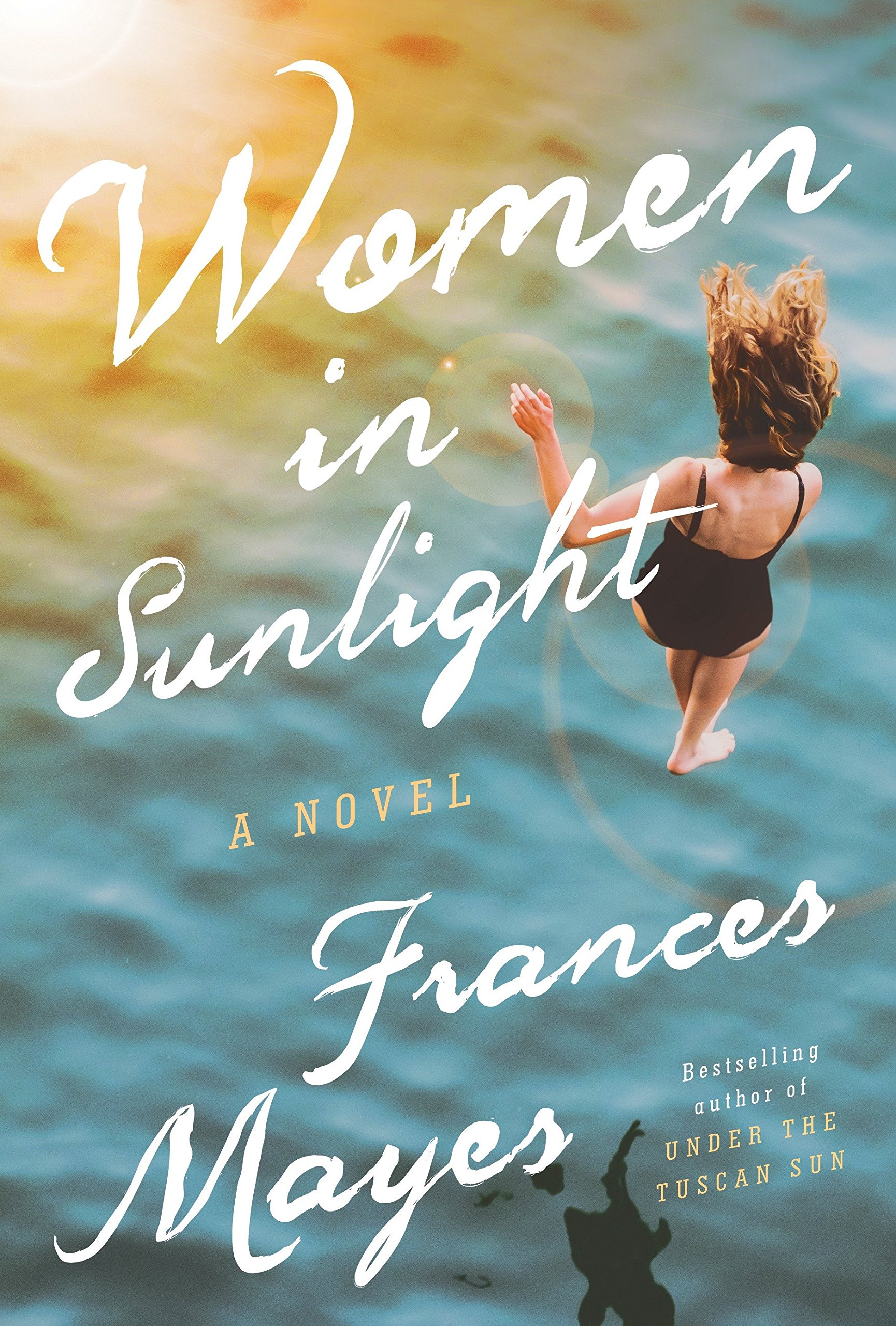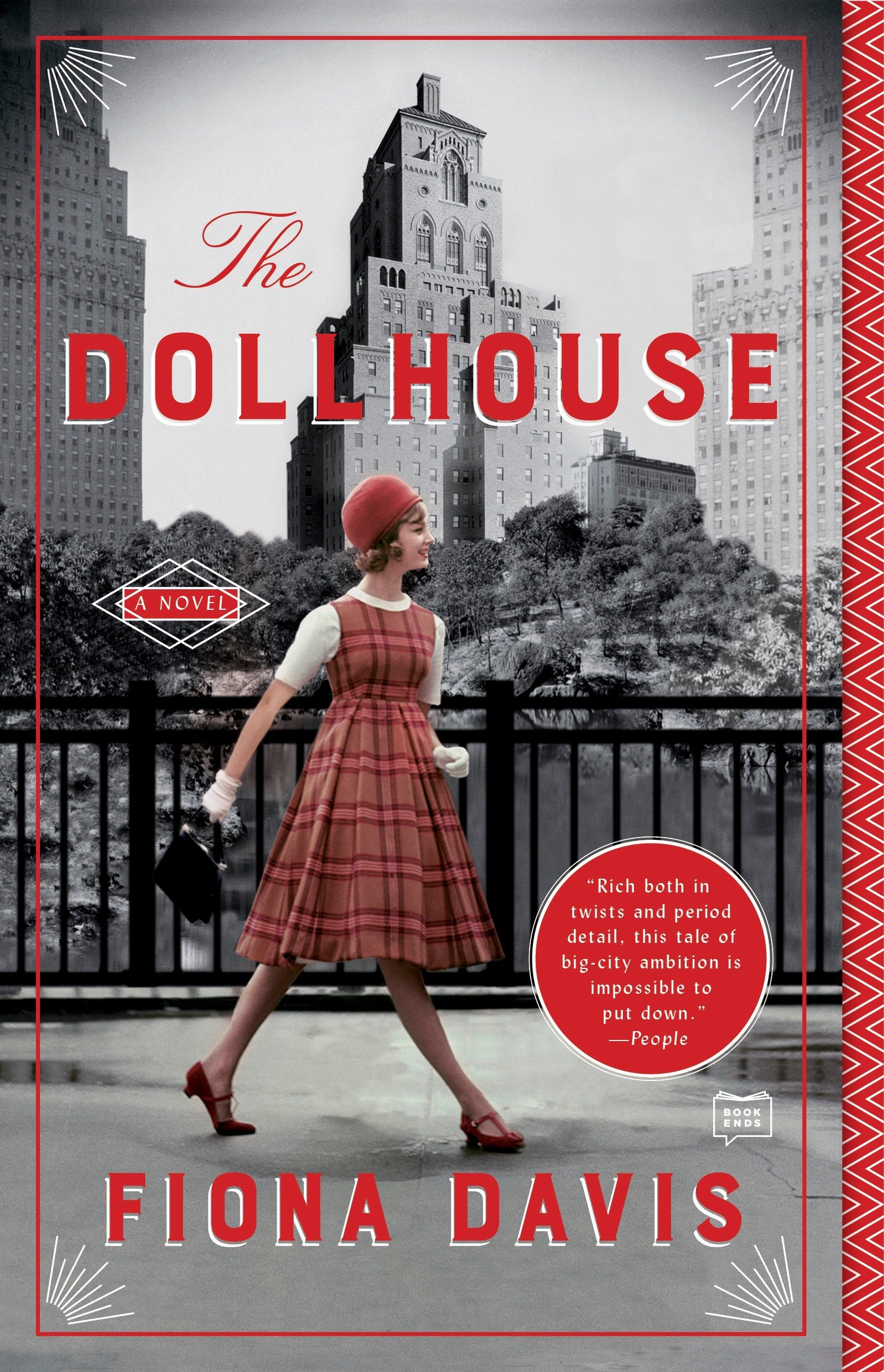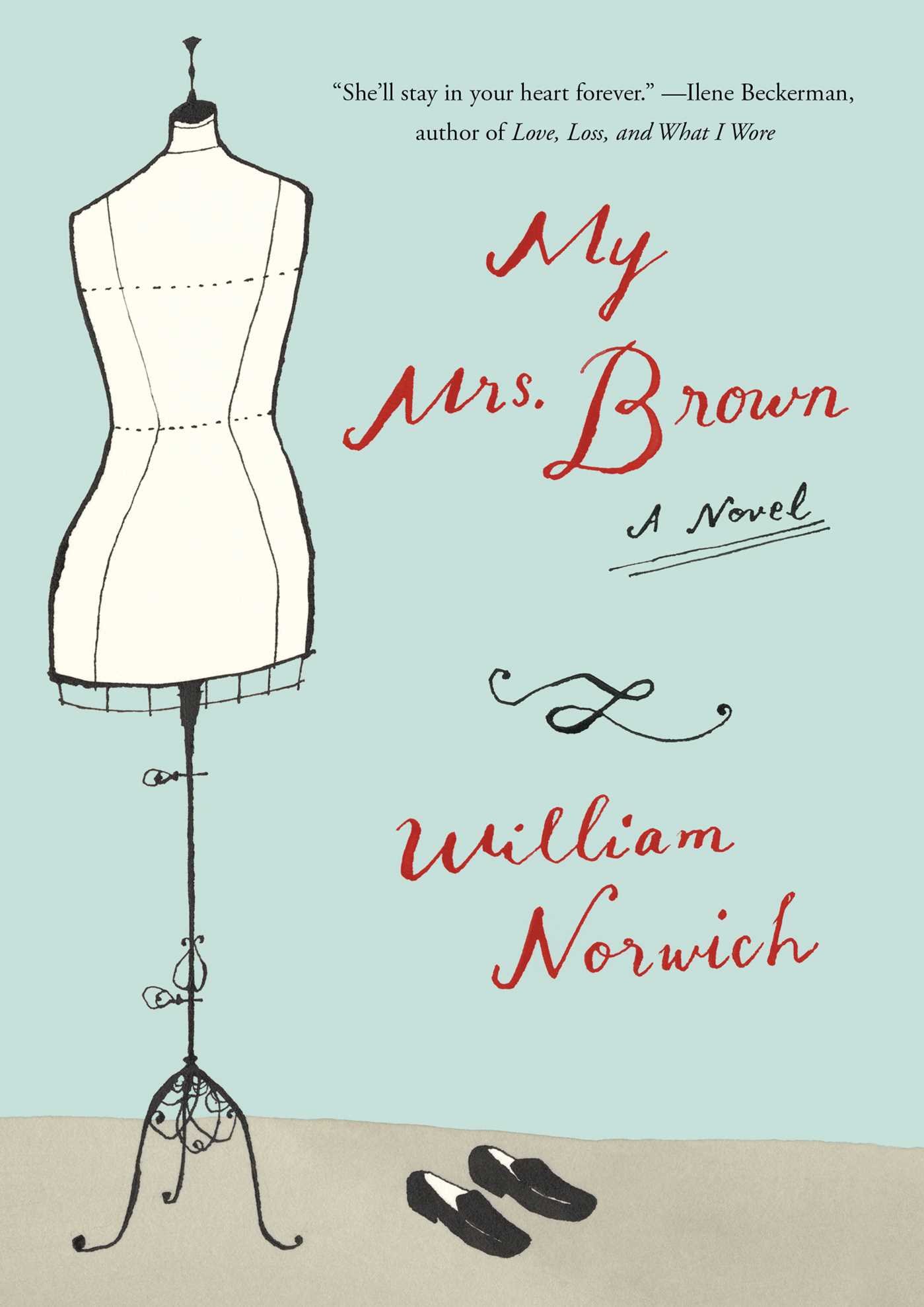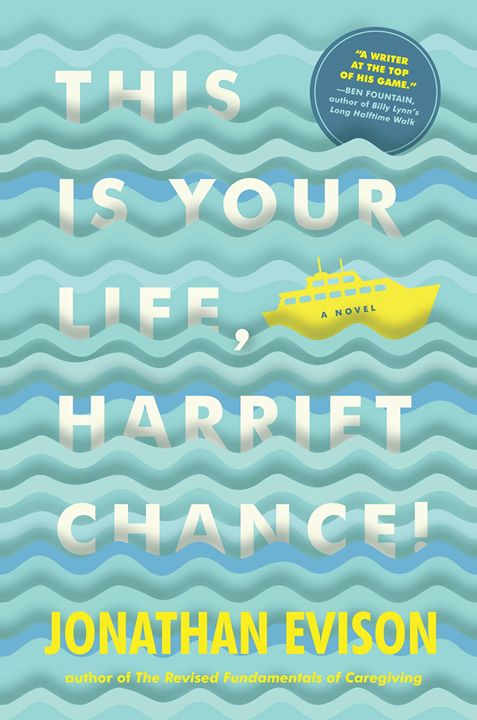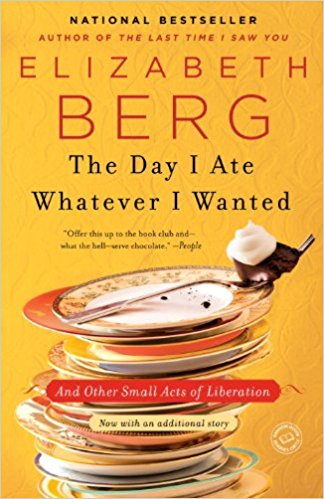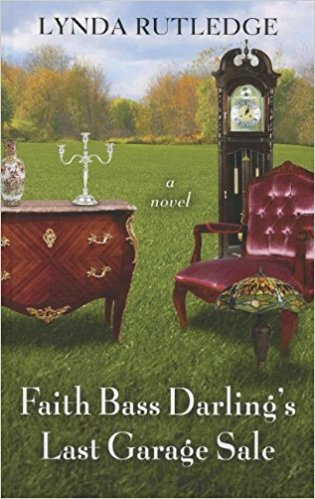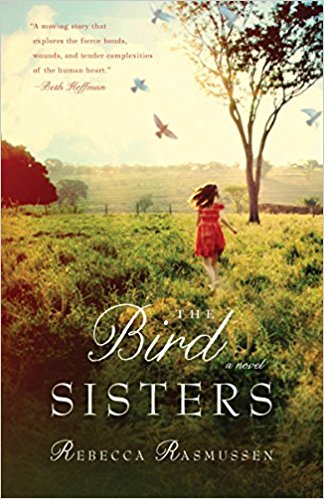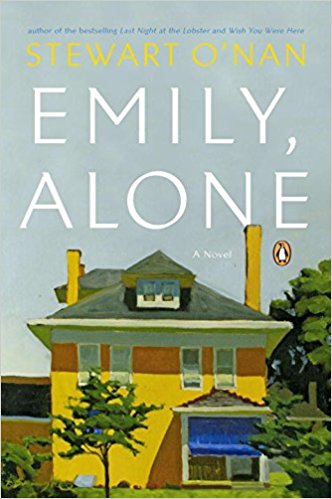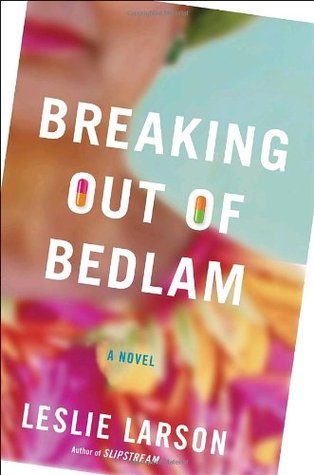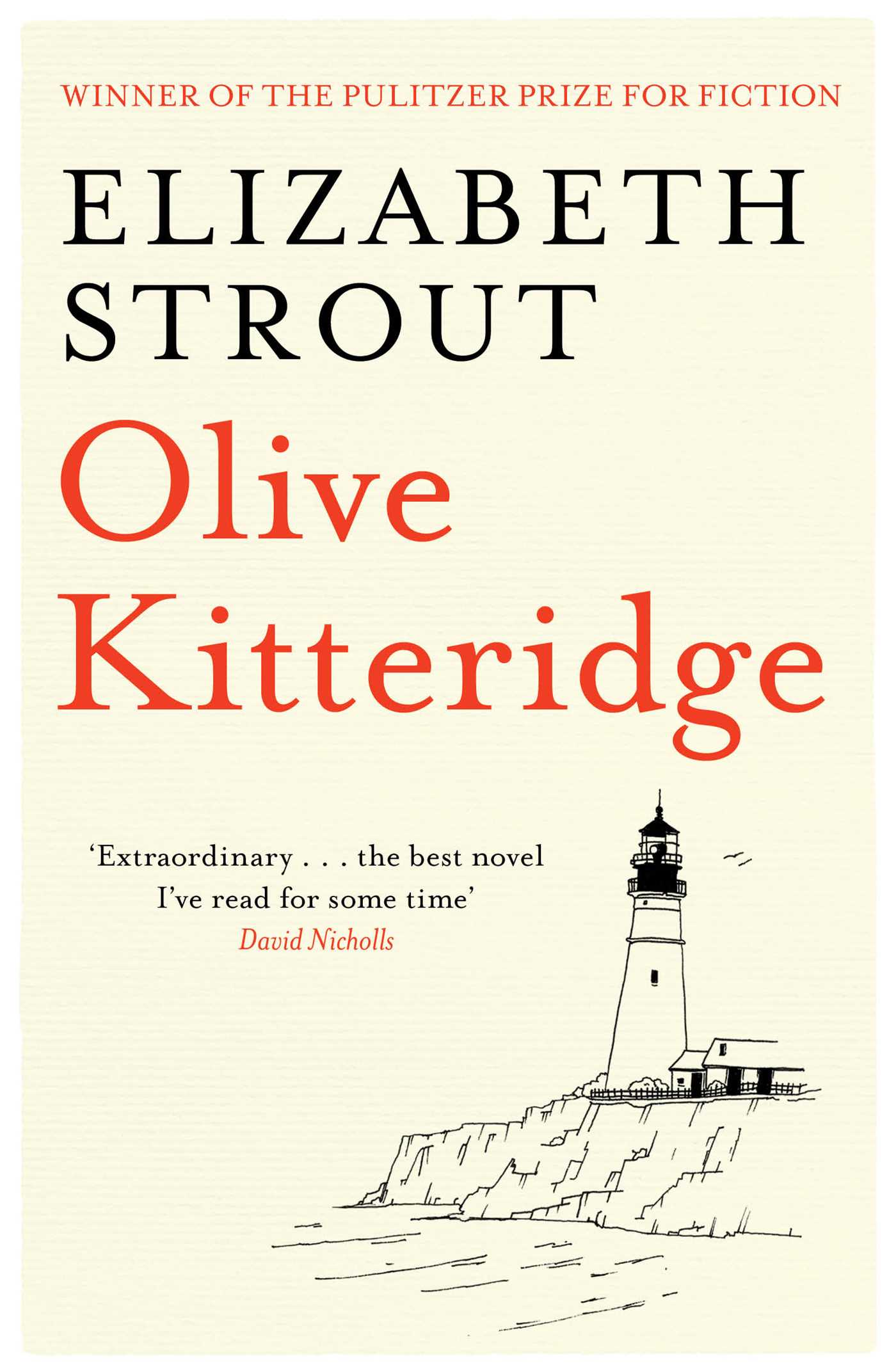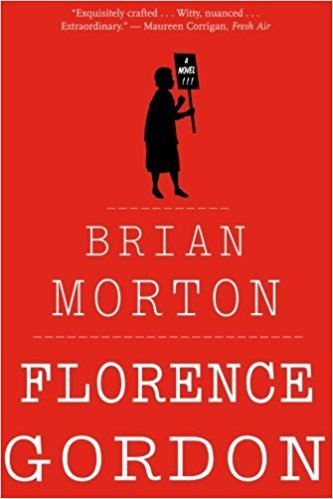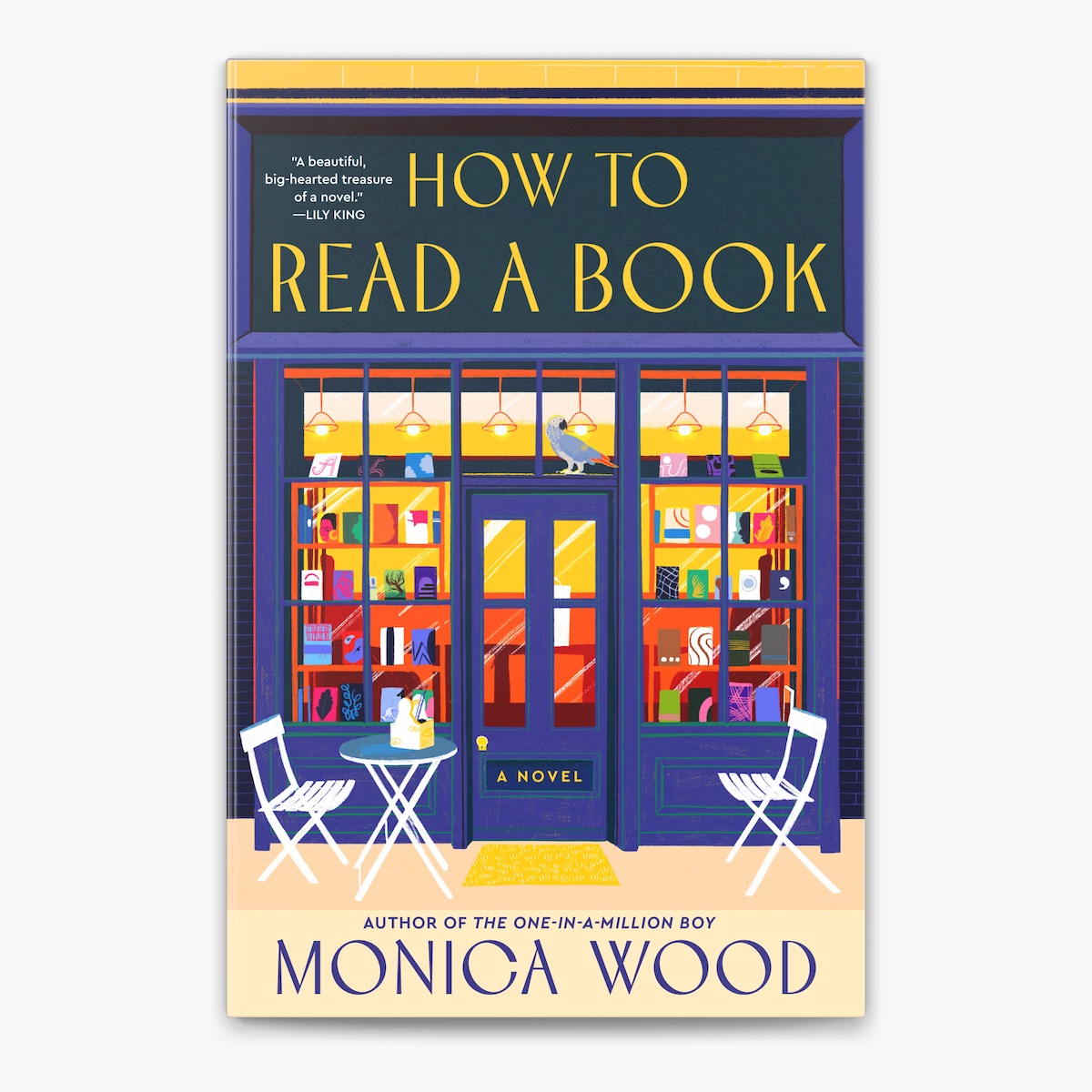
By Monica Wood — Mariner Books, 2024
In Portland, ME, a women’s prison hosts a spirited book club where feisty inmates reveal their hopes and compassion. Harriet, a widowed, retired English teacher, finds purpose in guiding the club and introducing literature to the women. Though her daughters live abroad and she enjoys a secure life, Harriet wrestles with feelings of loneliness and uselessness.
Violet, a young inmate grappling with her manslaughter conviction, masks her remorse behind a tough exterior. Frank, a bookstore handyman mourning the loss of his wife due to Violet’s actions, adds tension to the story. Their paths cross after Violet is released and meets Harriet at Wadsworth Books, a cozy store filled with interesting people and foster cats. Their encounter sets off a chain of events that intertwines their lives, and the bookstore becomes a sanctuary for all three characters.
The narrative poses a powerful question: Who deserves a second chance? Are we defined by our worst moments or by our potential for redemption? The possibility of goodness and healing through literature is central to this journey, inviting readers to contemplate the complexities of forgiveness and transformation at any age.

